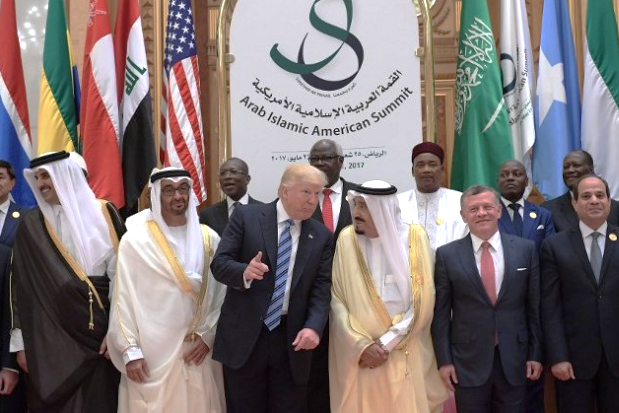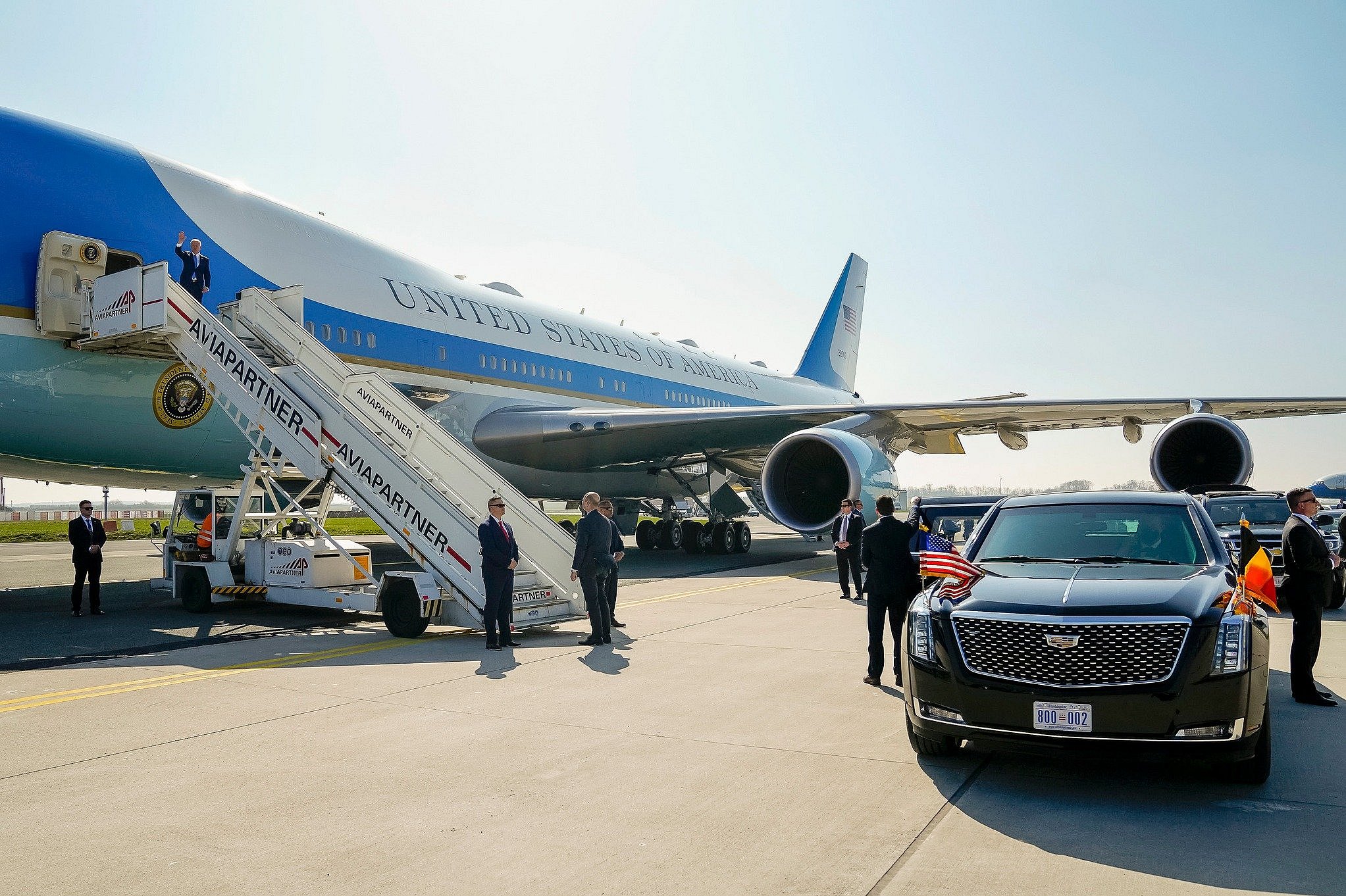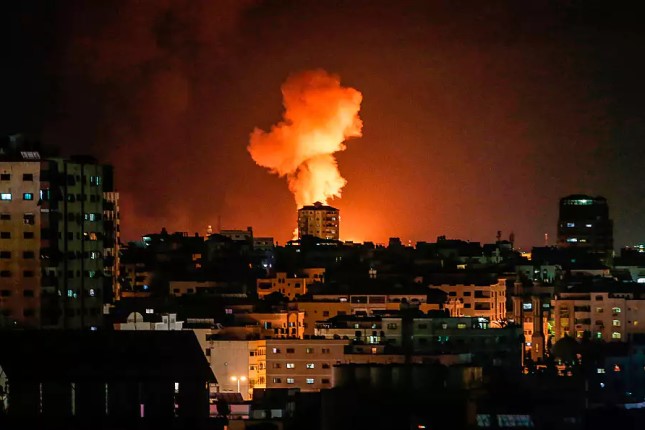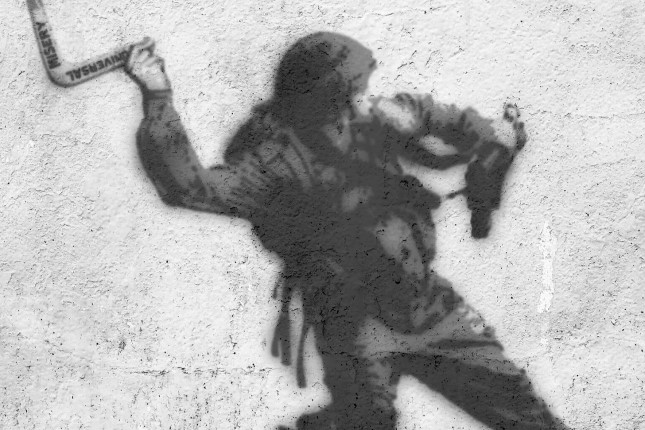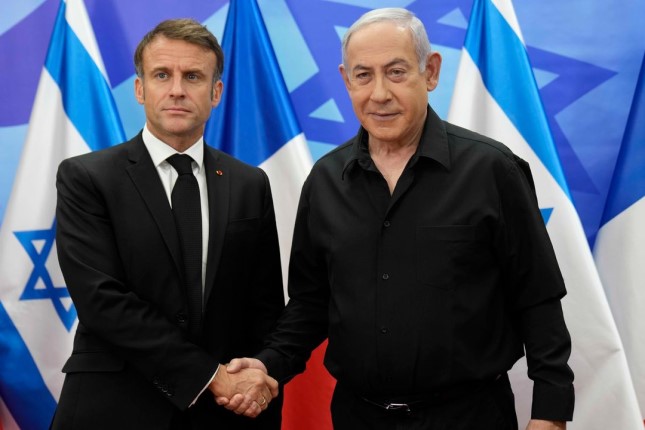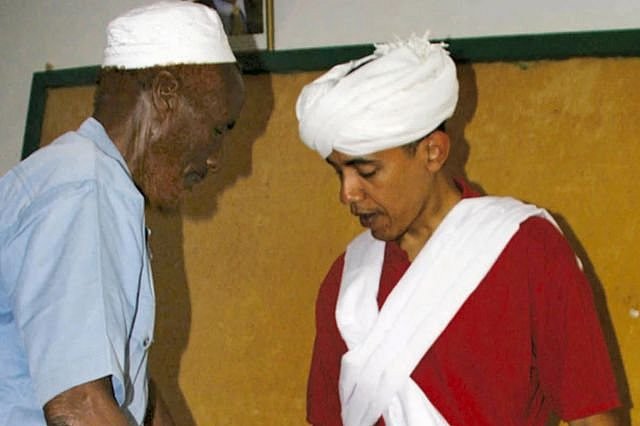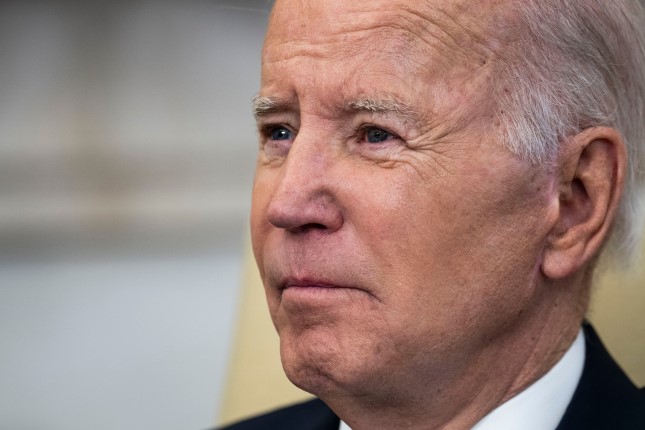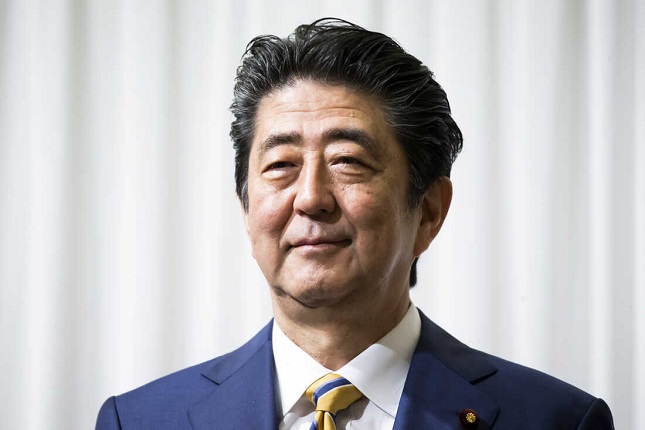The Israeli attack on Qatar on Sept. 9 has undermined the very foundations of the security arrangement between the United States and the Gulf monarchies.
Since the 1980’s Iran-Iraq war, Washington conditioned its military commitment to the region on Gulf rulers granting the U.S. greater access to their territories — even if that meant compromising sovereignty.
In return, the Gulf countries expected U.S. protection against external threats. Rulers poured billions into constructing American military bases, often at their own expense, and tolerated the political risks of inviting foreign troops into their lands.
Initially, Gulf regimes were reluctant to display such ties openly, fearing popular opposition, especially during the heyday of Arab nationalism. But with Egypt’s Gamal Abdel Nasser gone and Arab nationalist fervor subdued, rulers felt freer to offend domestic sensibilities in exchange for U.S. protection.
In 1995, Sheikh Hamad bin Khalifa Al Thani’s coup against his father marked a turning point for Qatar. The Saudis, alarmed at the precedent of a son ousting his father, plotted repeatedly to undermine him — sometimes through relatives, including a cousin and former chief of police.
Hamad told me in one of my meetings with him that the Saudi regime never ceased its intrigues and that he needs the U.S. for his protection. His solution was to secure his throne through foreign policy:
- Entrench U.S. military protection by financing military massive bases and welcoming American troops.
- Appease Washington by cultivating Congress, courting AIPAC, and opening limited ties with Israel.
This strategy came at enormous cost. Qatar spent lavishly on airbases when it did not yet possess fighter jets. (When I pointed this out, Hamad quipped: “But we later acquired fighter jets.”)
At the same time, Hamad, relatively speaking, liberalized media space by launching Al Jazeera. In its early years, the station electrified the Arab world, attracting tens of millions of nightly viewers when satellite competition was still scarce.
Of course, the station was never allowed to cover matters of oil revenues or of domestic dissent in Qatar. Later, when Qatar normalized relations with the Saudi regime, the station ended its coverage of Arab opposition, except in countries that are not favored by U.S. or Saudi Arabia (Al Jazeera actually agitated against Egypt’s Mubarak regime, Libya’s Qaddafi regime, and Syria’s Assad regime. However, it supported repression in Bahrain).
Al Jazeera projected Arab nationalist rhetoric while breaking a major taboo: hosting Israeli officials on Arab screens. Many Arabs distrusted the channel for precisely that reason — it gave Israeli propagandists access to Arab living rooms and bedrooms.
Doha also opened a trade office in Israel while allowing Israel to operate one in Qatar. Though that office closed in 2009 after Arab backlash, Israeli officials and Mossad chiefs continued visiting Doha regularly.
Thus, Qatar cultivated a contradictory image: a verbal champion of the Palestinians while privately prioritizing ties with Washington and the Israeli lobby.
The Emir even admitted to me that he entered negotiations with Israeli-American donor Haim Saban when pressures against Qatar mounted during the George W. Bush administration to censor its coverage of the U.S. invasion of Iraq. Relations with Saudi Arabia soured, culminating in the 2017 Saudi-Emirati blockade of Qatar.
Only the heavy U.S. military presence deterred a Saudi invasion. The Saudi regime had invaded Bahrain back in 2011 to protect the unpopular regime from a popular uprising during the so-called “Arab spring.”
For decades, Gulf regimes believed their U.S. security guarantees would shield them from all threats. They never imagined Israel might strike them directly. American protection, supplemented by rapprochement with the Israeli lobby in Washington, seemed sufficient deterrence.
But Israel’s strike on Qatar shattered that assumption — at least for now.
At the very moment Qatar was mediating between Hamas and Israel at Washington’s request, Israel publicly threatened to assassinate Hamas leaders in Doha. This mediation role was unpopular in the Arab world, where many saw it as false “equidistance” between the oppressed Palestinians and their occupiers.
How could Qatar claim to care about Gaza while receiving Israel killers in Doha?
After Oct. 7, Qatar even admitted that its financial and political ties to Hamas were conducted at the behest of the U.S. and Israel, and that its own mediation was at the urging of the U.S. and Israel governments. So much for the pro-Palestinian rhetoric on Al Jazeera news shows.
The Israeli attack on Qatar raises some glaring questions:
- Why didn’t U.S. forces in the region (and even in Qatar itself) detect the incoming Israeli jets and missiles, despite the vast U.S. presence in Qatar? How could U.S. military technology which can track drones, miss fighter jets hovering over U.S. military bases?
- Why did anti-missile systems that work (ostensibly) flawlessly against Iranian drones and missiles suddenly fail against Israeli weapons?
- Why did Donald Trump claim Qatar had advance warning, while Doha insists it was informed only mid-attack? Trump’s special envoy contacted Qatari officials only when loud explosions were heard in Doha.
- Why invest billions in defense if these systems can’t protect against Israel — the region’s most aggressive actor? How could Qatar and Gulf regimes justify their military budget if those expensive weapons can’t protect the skies of sovereign nations?
- How could Qatar be naïve enough to believe Mossad opposed the strike (according to a suspicious leak in The Washington Post), when Israel is a unified state with no true internal divisions on such matters? And Western media also reported that Mossad had a plan of its own to deploy agents on the ground in Doha to kill Hamas leaders? Furthermore, isn’t Israel supposed to be the “the only democracy” in the region (it is actually Lebanon which is the only democracy in the region)?
- Why trust Trump’s assurance that such an attack “won’t happen again,” when Israel clearly enjoys carte blanche from Washington under both Republicans and Democrats?
The attack revealed that U.S. guarantees are conditional at best. Gulf regimes had assumed they were protected from any external threat. But Washington will not restrain Israel, even when Israeli aggression destabilizes supposed U.S. allies. In fact, Israel has struck eight countries — Iraq, Syria, Lebanon, Palestine, Tunisia, Iran, Yemen, and now Qatar — within two years.
For Qatar, the implications are dire. The Emirate imagined it could balance between Arab nationalist rhetoric, pragmatic ties with Israel, and reliance on U.S. troops. That balance has collapsed. Israel has proven it can strike even a wealthy U.S. client state with impunity.
As a response to the brutal attack on a residential neighborhood in Doha, Qatar’s rulers are preparing to host yet another Arab–Islamic emergency summit to show solidarity with Qatar in its crisis. These summits are mere ritualistic gatherings long mocked by Arab publics for issuing empty communiqués.
The leaked draft declaration of the summit confirmed expectations: it emphasized the Arab Peace Initiative (which has been consistently rejected by Israel since its issuance in 2002). The draft warned that Israeli aggression might “jeopardize” future peace relations with Israel (implying that current peace relations with Israel remain intact), and called on the “international community” to punish Israel.
But why don’t those Arab governments themselves react and punish Israel themselves? What is stopping them? Why call on the “international community” (euphemism for NATO) to act when Arabs refuse to act out of fear of Washington.
In other words, Arab governments pledged nothing tangible. Peace treaties would remain in place and Arab and Islamic embassies in Tel Aviv will remain open regardless of Israeli genocide or violations of sovereignty.
Qatar’s rulers also appear baffled that Israel shows no gratitude for their gestures of goodwill — trade ties, mediation, hosting Israeli visitors, and channeling money at U.S.-Israeli request. But such bafflement reflects wishful thinking.
Israel sees normalization as a one-way street: Arab regimes must appease it unconditionally, without expecting reciprocity. Israel was clear regarding normalization with Saudi Arabia: Israel asked for peace in return for nothing.
For the Arab public, the attack on Qatar crystallized long-standing suspicions: normalization is not a shield against Israeli violence but an enabler of it. If a Gulf state awash in U.S. bases and Israeli ties is not safe, then no state is.
The attack also stripped bare the hollow rhetoric of Arab summits. How can rulers call on the “international community” to punish Israel when they themselves dare not contemplate a military or even a meaningful diplomatic response?
At most, they hint that future normalization could be slowed — never reversed. Meanwhile, Gaza is subjected to ongoing genocide, and Israeli strikes expand across the region.
“For the Arab public, the attack on Qatar crystallized long-standing suspicions: normalization is not a shield against Israeli violence but an enabler of it.”
Qatar, like its Gulf neighbors, invested in a security system premised on U.S. reliability and Israeli restraint. Both pillars have now collapsed. The U.S. will not defend them against Israel. And Israel will not hesitate to attack when convenient.
The real question for Doha and the Gulf regimes is whether they will continue outsourcing their sovereignty to Washington and Tel Aviv, or whether they will confront the costs of decades of dependency. Their people have long understood the truth: U.S. protection is a mirage, and Israeli power and aggression are licensed directly by Washington.
Until Gulf rulers abandon illusions of American guarantees and Israeli “partnership,” they will remain vulnerable — not to Iran or Yemen, but to the very state they have normalized with.
Source: Consortium News.
